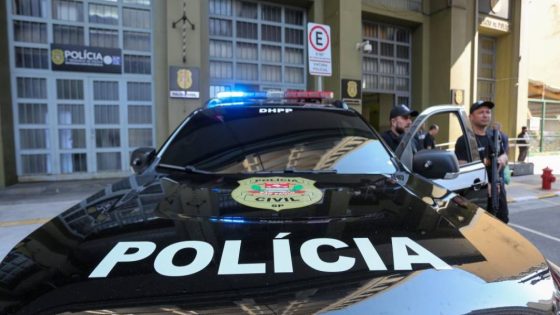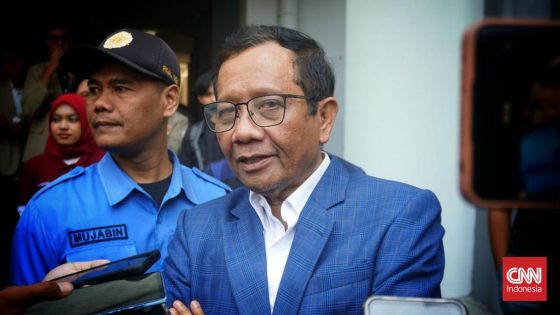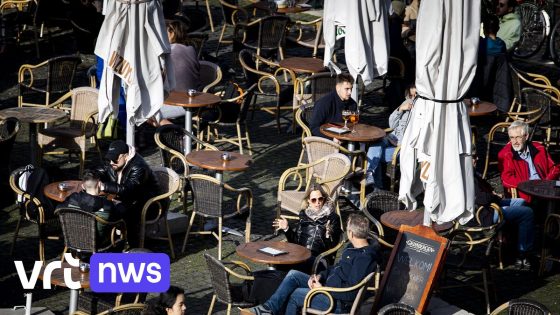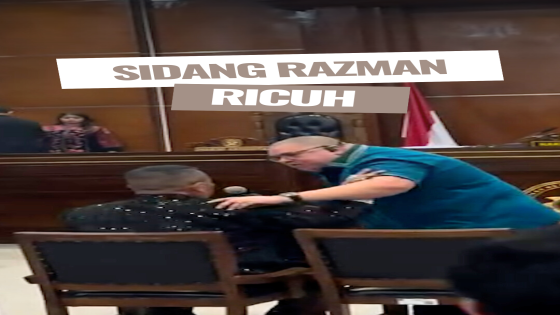The recent decision by the São Paulo Court to remove Delegate Maria Cecília Castro from her position highlights serious concerns regarding police integrity in Brazil. This event, which took place on February 9, 2025, raises questions about the involvement of law enforcement in drug trafficking, particularly in the notorious Cracolândia area.
- Delegada Maria Cecília Castro removed from duty
- Involvement in drug trafficking suspected
- Two other officers also suspended
- Investigation into a fourth officer ongoing
- Scheme allegedly involved 120 million reais
- SSP-SP emphasizes zero tolerance for misconduct
With Castro suspected of drug-related offenses, the implications of this case extend beyond Brazil. How can communities trust their police forces when such allegations arise?
Allegations of Drug Trafficking Involving São Paulo Police Raise Concerns
What does this mean for public trust in law enforcement? The suspension of Delegate Maria Cecília Castro and two other officers from the 77th Police District has sparked outrage and concern. The allegations suggest these officials may have diverted drugs for sale in the Cracolândia region, a hub for drug-related issues.
Impact of Police Corruption on Public Safety in Brazil
Corruption within police forces can severely undermine public safety. When officers are involved in illegal activities, it not only erodes community trust but also allows crime to flourish. The case of Delegate Castro is a stark reminder of the challenges faced by law enforcement in Brazil.
Key Points on the São Paulo Police Scandal
This scandal is significant for several reasons:
- It involves high-ranking officials, including a special class delegate.
- The alleged drug trafficking operation is estimated to have generated around 120 million reais.
- Two additional officers have been suspended, with one still under investigation.
- The case raises serious questions about police accountability in Brazil.
Broader Implications for Law Enforcement in Brazil
This incident could have lasting effects on how law enforcement is perceived in Brazil. If police officers are complicit in drug trafficking, communities may feel unsafe and distrustful. Addressing these issues is vital for restoring faith in public safety.
What Can Be Done to Combat Police Corruption?
To combat police corruption, Brazil may need to implement stricter oversight and accountability measures. This includes:
- Regular audits of police activities.
- Enhanced training on ethics and integrity.
- Community engagement to rebuild trust.
- Support for whistleblowers who report misconduct.
In conclusion, the suspension of Delegate Maria Cecília Castro serves as a critical reminder of the need for transparency and accountability in law enforcement. As Brazil grapples with these issues, the path forward will require concerted efforts to restore trust and ensure public safety.

































